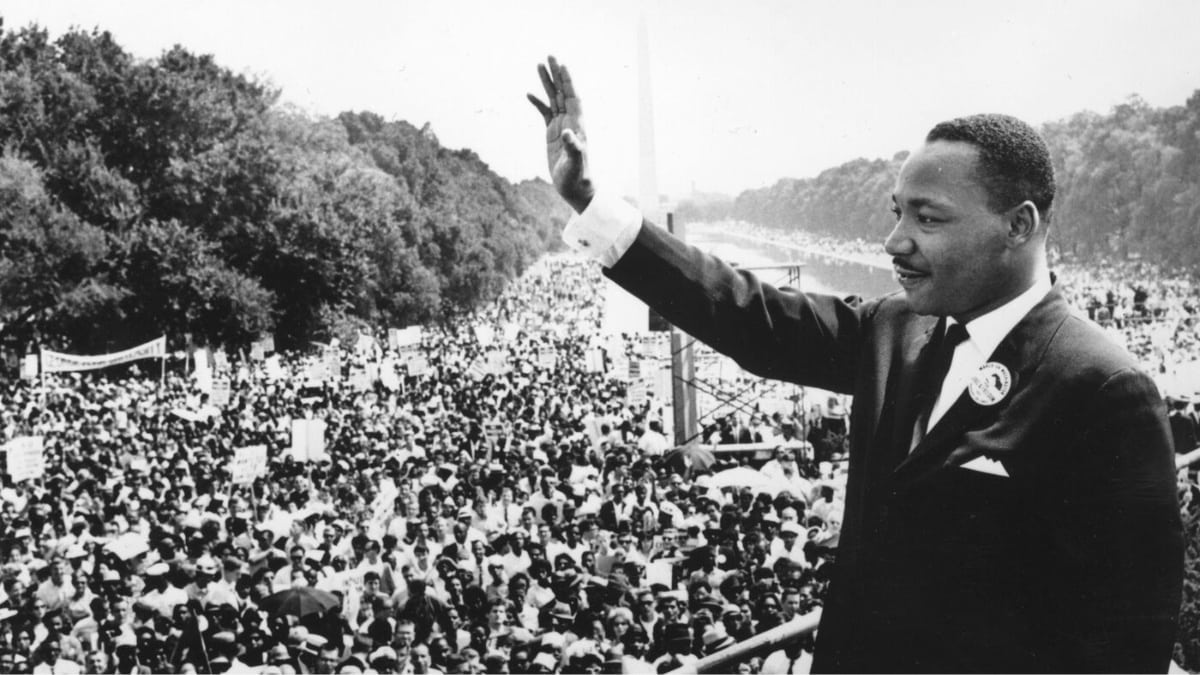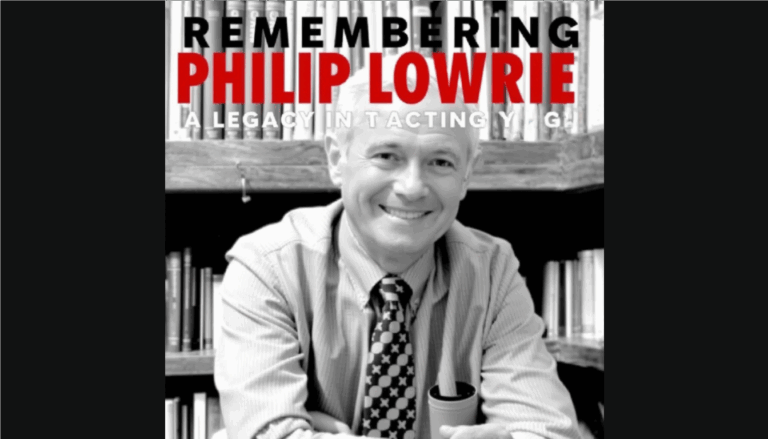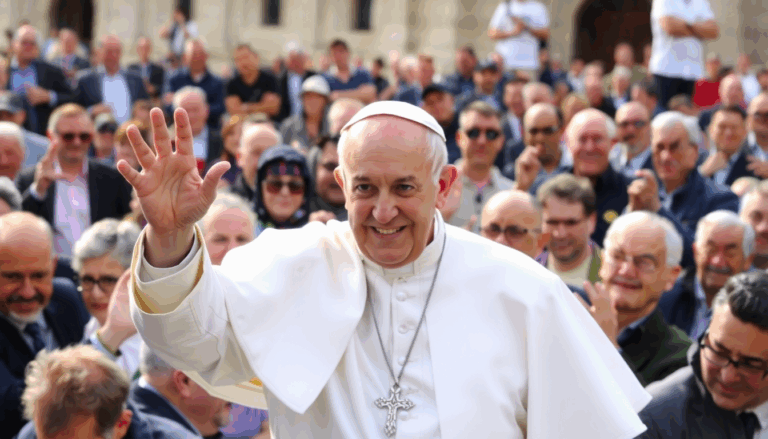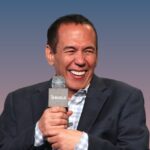Dr. Martin Luther King Jr. was born Michael King Jr. on January 15, 1929. He led an American civil rights movement from 1955 until his assassination in 1968. He was the son of early civil rights activist and minister Martin Luther King Sr. King advanced civil rights through nonviolence and civil disobedience, inspired by his Christian beliefs and the nonviolent activism of Mahatma Gandhi.
King participated in and led marches for blacks’ right to vote, desegregation, labor rights, and other basic civil rights. King led the 1955 Montgomery bus boycott and later became the Southern Christian Leadership Conference (SCLC).
As president of the SCLC, he led the unsuccessful Albany Movement in Albany, Georgia, and helped organize some nonviolent 1963 protests in Birmingham, Alabama. King helped organize the 1963 March on Washington, where he delivered his “I Have a Dream” speech on the steps of the Lincoln Memorial.
The SCLC put into practice nonviolent protest tactics with some success by strategically choosing the methods and places in which protests were carried out. There were several dramatic stand-offs with segregationist authorities, who sometimes turned violent.[2] Federal Bureau of Investigation (FBI) Director J. Edgar Hoover considered King a radical and made him an object of the FBI’s COINTELPRO from 1963 forward. FBI agents investigated him for possible communist ties, recorded his extramarital affairs, and reported them to government officials. In 1964, he mailed King a threatening anonymous letter, which he interpreted as an attempt to make him commit suicide.
On October 14, 1964, King won the Nobel Peace Prize for combating racial inequality through nonviolent resistance. In 1965, he helped organize two of the three Selma to Montgomery marches. He expanded his focus to include opposition towards poverty, capitalism, and the Vietnam War in his final years.
Martin Luther King Jr. Day was established as a holiday in cities and states throughout the United States beginning in 1971; enacted the holiday at the federal level by legislation signed by President Ronald Reagan in 1986.
In 1968, King was planning a national occupation of Washington, D.C., to be called the Poor People’s Campaign, when he was assassinated on April 4 in Memphis, Tennessee. Riots followed his death in many U.S. cities. Allegations that James Earl Ray, the man convicted of killing King, had been framed or acted in concert with government agents persisted for decades after the shooting. King was posthumously awarded the Presidential Medal of Freedom in 1977 and the Congressional Gold Medal in 2003.
Hundreds of streets in the U.S. have been renamed in his honor, and the most populous county in Washington State was rededicated for him. The Martin Luther King Jr. memorial on the National Mall in Washington, D.C., was dedicated in 2011.
His Birth
Born in Atlanta, Georgia, he was the second of three children to Michael King and Alberta King (née Williams). King had an older sister, Christine King Farris, and a younger brother, Alfred Daniel “A.D.” King. King’s maternal grandfather Adam Daniel Williams, a minister in rural Georgia, moved to Atlanta in 1893 and became pastor of the Ebenezer Baptist Church in the following year. Williams was of African-Irish descent. Williams married Jennie Celeste Parks.
King, Sr. was born to sharecroppers James Albert and Delia King of Stockbridge, Georgia. In his adolescent years, King Sr. left his parents’ farm and walked to Atlanta, where he attained a high school education,[13][14][15] and enrolled in Morehouse College to study for entry to the ministry. King Sr. and Alberta began dating in 1920 and married on November 25, 1926. Until Jennie’s death in 1941, they lived together on the second floor of her parent’s two-story Victorian house, where King was born.
Shortly after marrying Alberta, King Sr. became assistant pastor of the Ebenezer church. Senior pastor Williams died in the spring of and that fall, King Sr. took the role, where he would raise the attendance from six hundred to several thousand. In 1934, the church sent King Sr. on a multinational trip to Rome, Tunisia, Egypt, Jerusalem, Bethlehem, and then Berlin to meet the Baptist World Alliance.
The trip also included visits to sites in Germany associated with the Reformation leader, Martin Luther. While there, King Sr. witnessed the rise of Nazism. The civil rights activist returned home in August 1934, and at that time, he changed his name to Martin Luther King. King also changed his son’s name to Martin Luther King Jr. The decision to make the change was a reaction to a BWA conference. The BWA issued a resolution that stated, “This Congress deplores and condemns as a violation of the law of God the Heavenly Father, all racial animosity, and every form of oppression or unfair discrimination toward the Jews, toward colored people, or subject races in any part of the world.”







